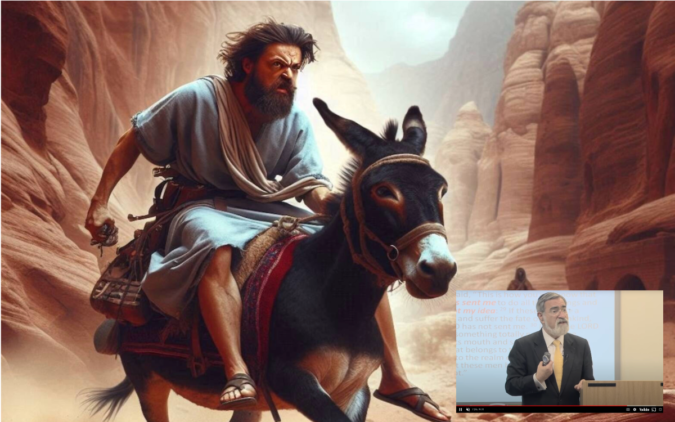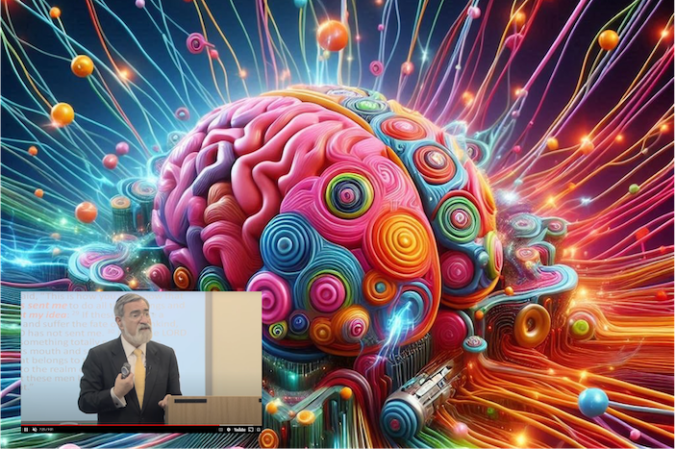Rabbi Steven Stark Lowenstein: Chukat
Rabbi Lowenstein discusses the spiritual essence of the water in this parashah—an element so precious and vital to our lives that we could not survive for more than a few days without it. Please follow the link below to hear his focused statement on not taking our water for granted:











